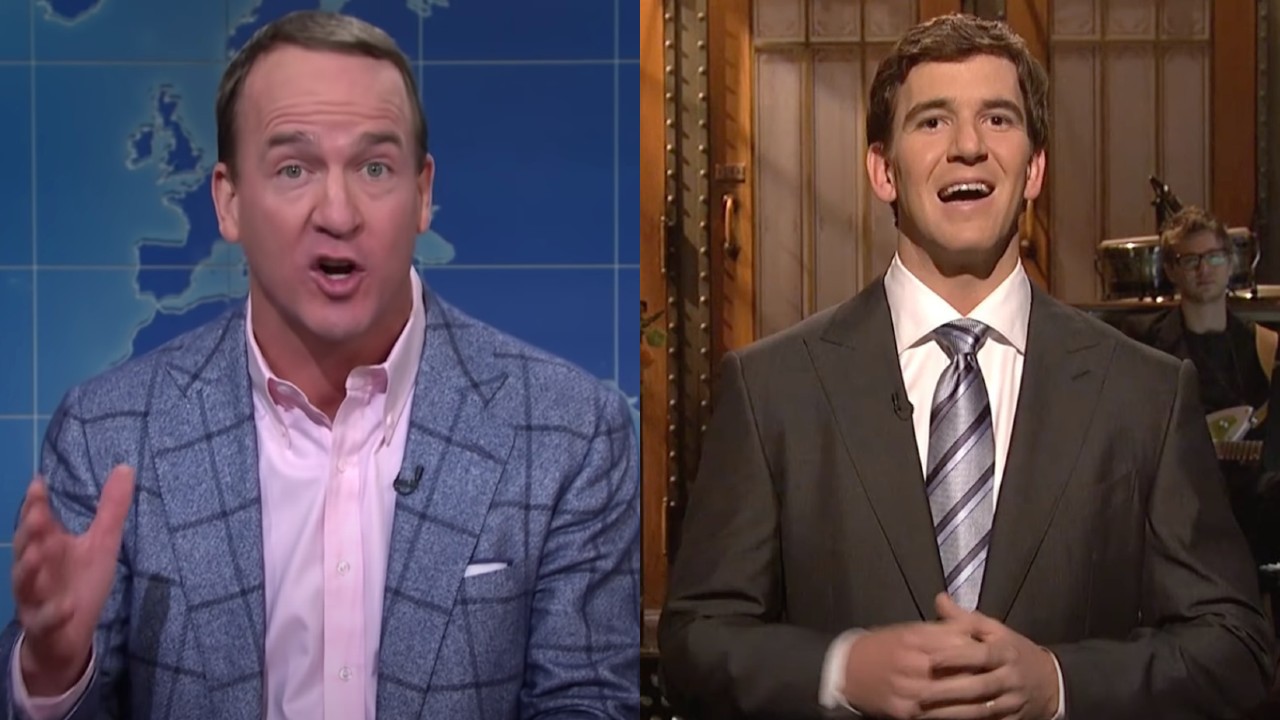WarGames Is One Of My Favorite '80s Movies, But I Never Knew It Influenced Actual Government Policy
President Reagan was a big fan of the movie, too.
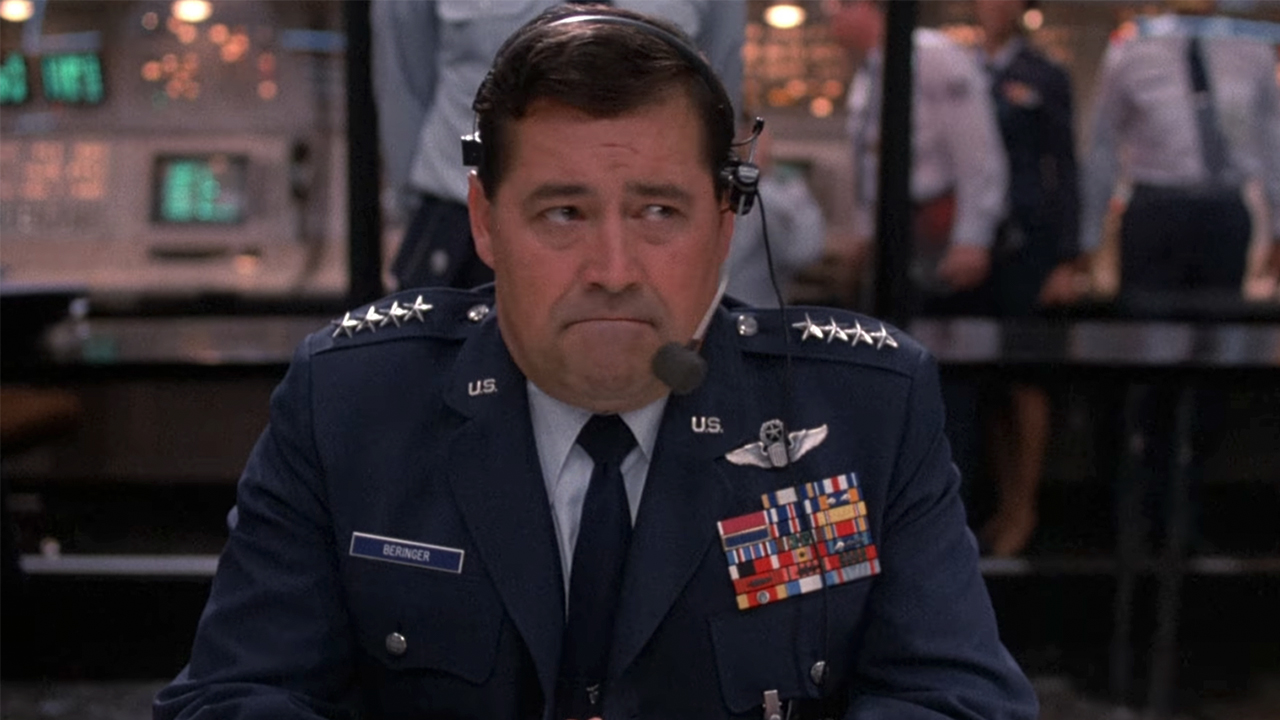
1983’s WarGames, which I recently rewatched with my YouTube TV subscription, is truly one of my favorite ‘80s movies. Really, it’s probably one of my favorite movies from any decade. The movie is so charming and seemingly innocent. Or at least it was when I used to watch it on VHS when I was a kid. It’s not all that innocent, of course, which I recognize now, but I had no idea that it actually influenced President Ronald Reagan to create new policy around national security and the burgeoning computer age.
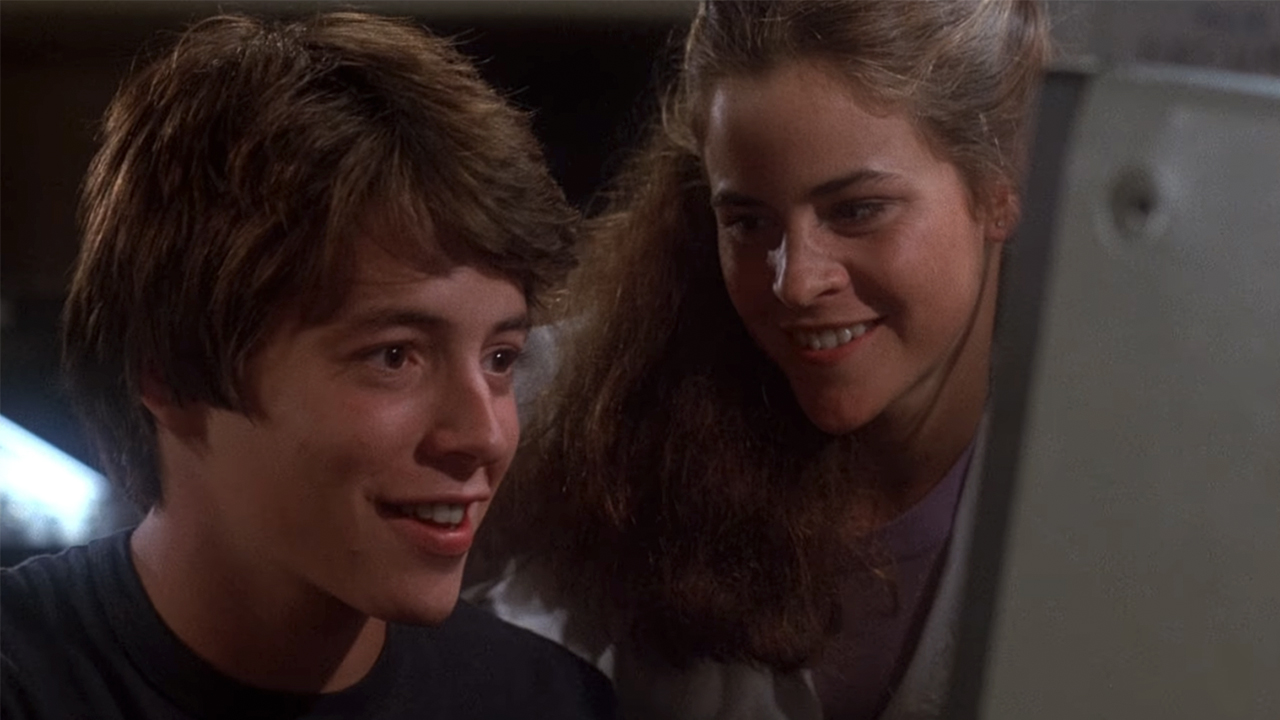
WarGames Was Ahead Of Its Time
It’s not exactly a hot take to say WarGames was ahead of its time. The utterly charming movie stars Matthew Broderick as a high schooler with early hacking skills and Ally Sheedy as his new girlfriend, who find themselves in the middle of a situation that could lead to World War III. It’s one of those ‘80s films where teenagers found themselves in situations they never should have been in.
It was a very early example of hacking culture in Hollywood, like 1980s icon Broderick’s David calling into his school computer and changing his grades, and later hacking into a software company’s servers to play video games. When he does that, it kicks off a series of events that eventually lead him to NORAD and, almost accidentally launch a nuclear attack on the USSR. That premise piqued the interest of no less than the President of the United States, Ronald Reagan, and eventually led to new national security directives and formal legislation.
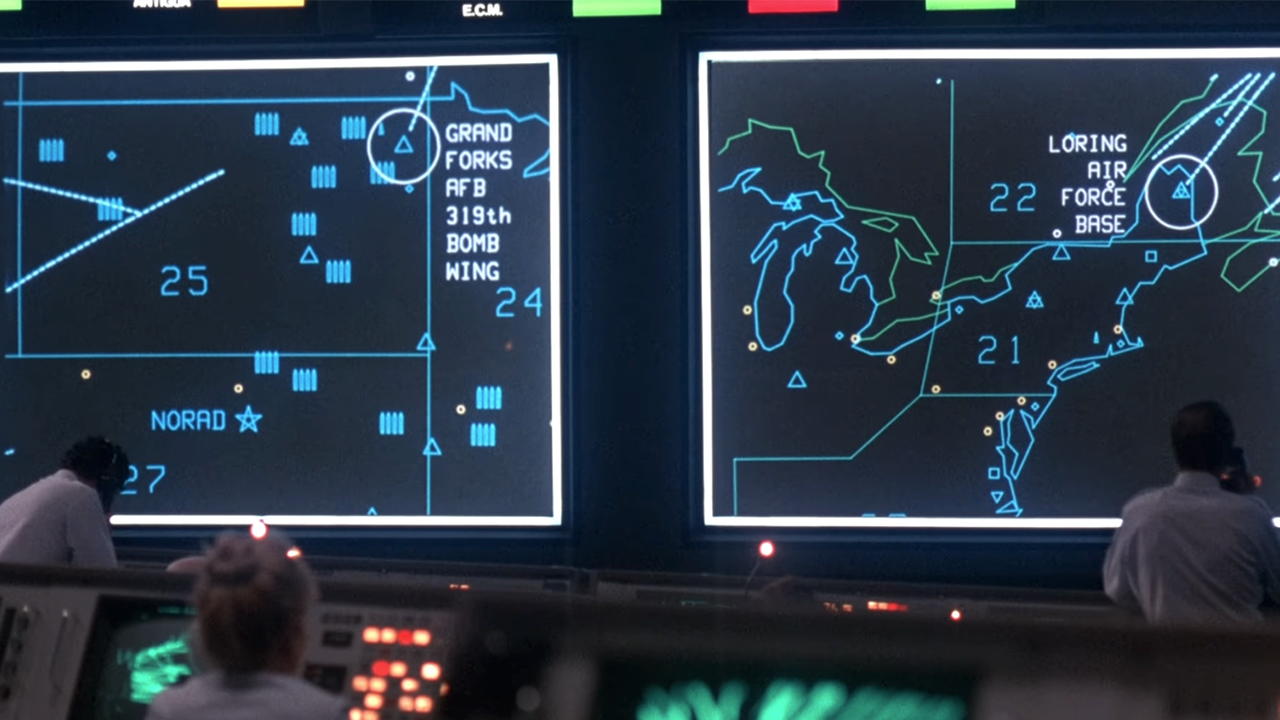
This Government Program Was No ‘Star Wars’
Having a former actor in the White House in the 1980s led to an interesting Venn diagram that overlapped movies and policy. Most famously, Reagan called his proposed nuclear missile defense program “Star Wars,” after the George Lucas classic. That program famously struggled to ever become reality, but the influence of WarGames did.
YouTube TV: $62.99 a Month for the First Five Months
Looking to make the jump from cable to an internet TV package? YouTube TV has you covered with live news, sports, and major broadcast and cable channels. Plus a wide selection of VOD, including WarGames.
According to The New York Times, Reagan, who loved to watch the latest movies, had a screening of the movie at Camp David, and the situation it presented — a hacker accidentally almost starting a “Global Thermonuclear War” — spurred Reagan into action. A short time later, he met with his national security advisers and members of Congress and explained the plot of the movie. At the end, he pointedly asks if something like that was possible. A week later, he got his answer: Yes, it could theoretically happen.
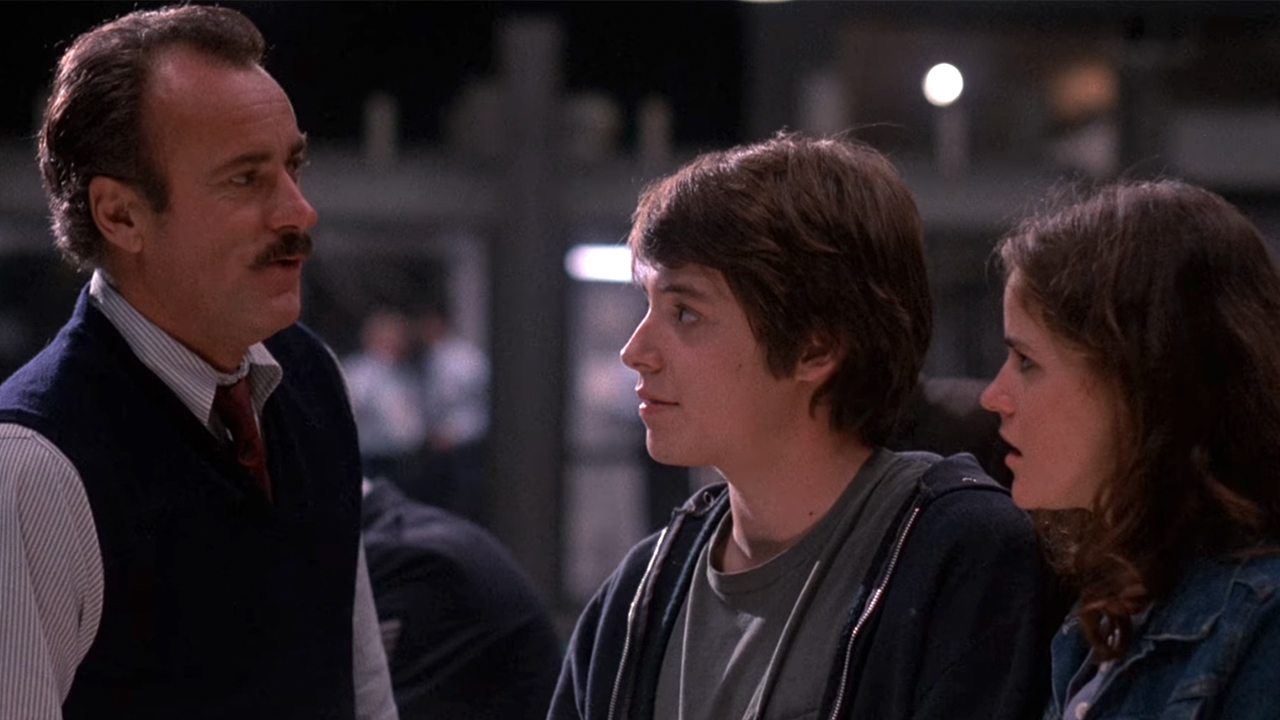
The Movie Led To The First Directive On Hacking
About a year after Reagan’s meeting, the administration issued National Security Decision Directive Number 145, or National Policy on Telecommunications and Automated Information Systems Security. It outlines the advancement of computers and technology, as well as the dangers they could pose to national security. While it had been a topic among some enlightened scientists for decades at that point, this directive was the first official policy on hacking from the US government.
Art has affected policy for centuries, and this example shows that you never really know what kind of impact a work of art, in this case, WarGames, could have on the broader world. It’s not a movie that was trying to change the world, and yet, it did in some very real ways. Just another reason it’s one of the best '80s movies.
Your Daily Blend of Entertainment News

Hugh Scott is the Syndication Editor for CinemaBlend. Before CinemaBlend, he was the managing editor for Suggest.com and Gossipcop.com, covering celebrity news and debunking false gossip. He has been in the publishing industry for almost two decades, covering pop culture – movies and TV shows, especially – with a keen interest and love for Gen X culture, the older influences on it, and what it has since inspired. He graduated from Boston University with a degree in Political Science but cured himself of the desire to be a politician almost immediately after graduation.
You must confirm your public display name before commenting
Please logout and then login again, you will then be prompted to enter your display name.

